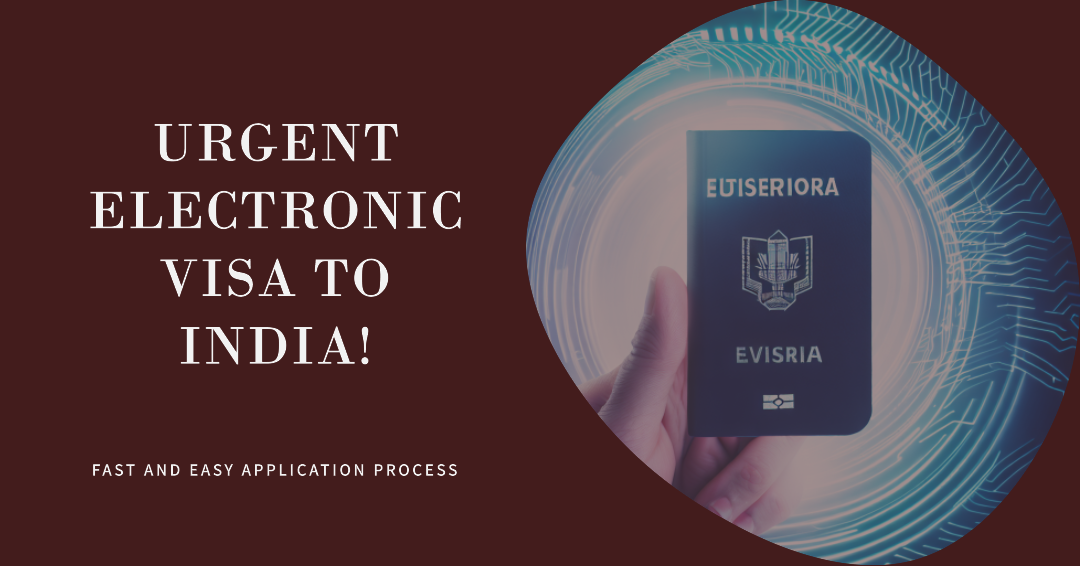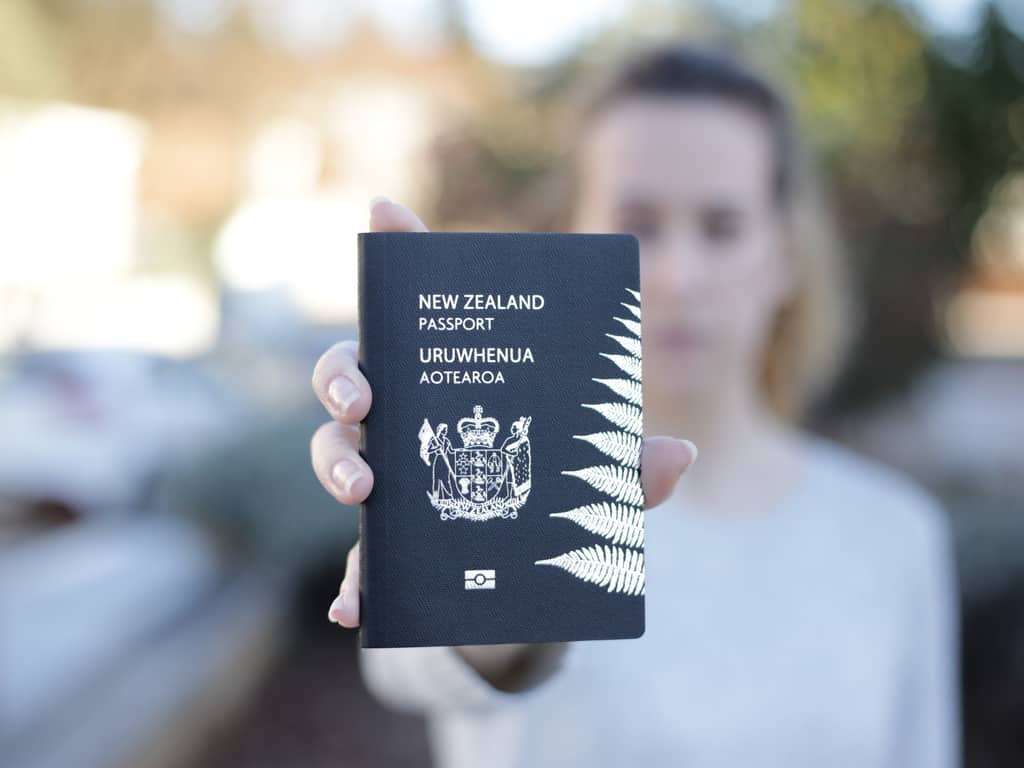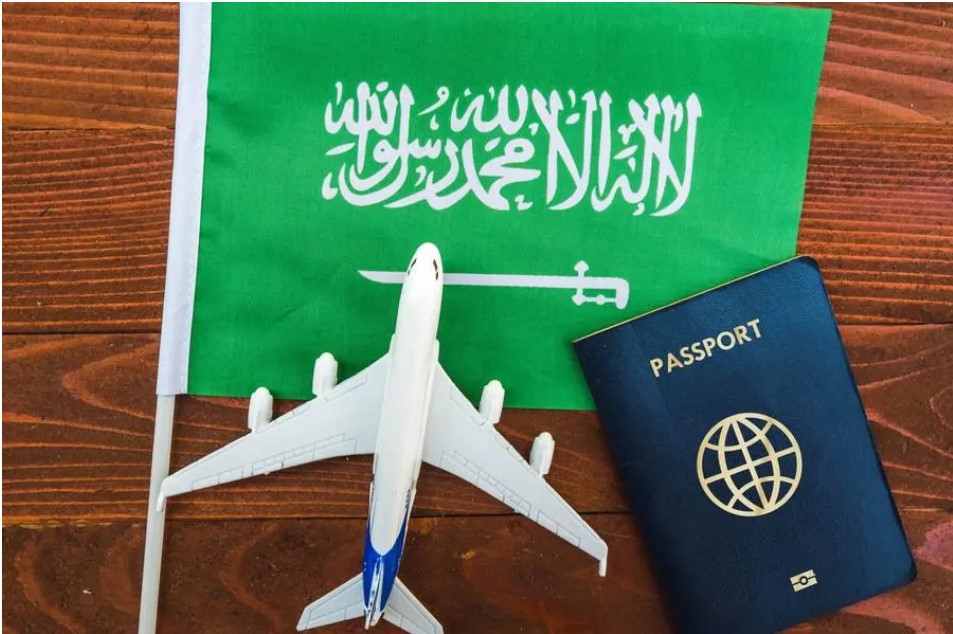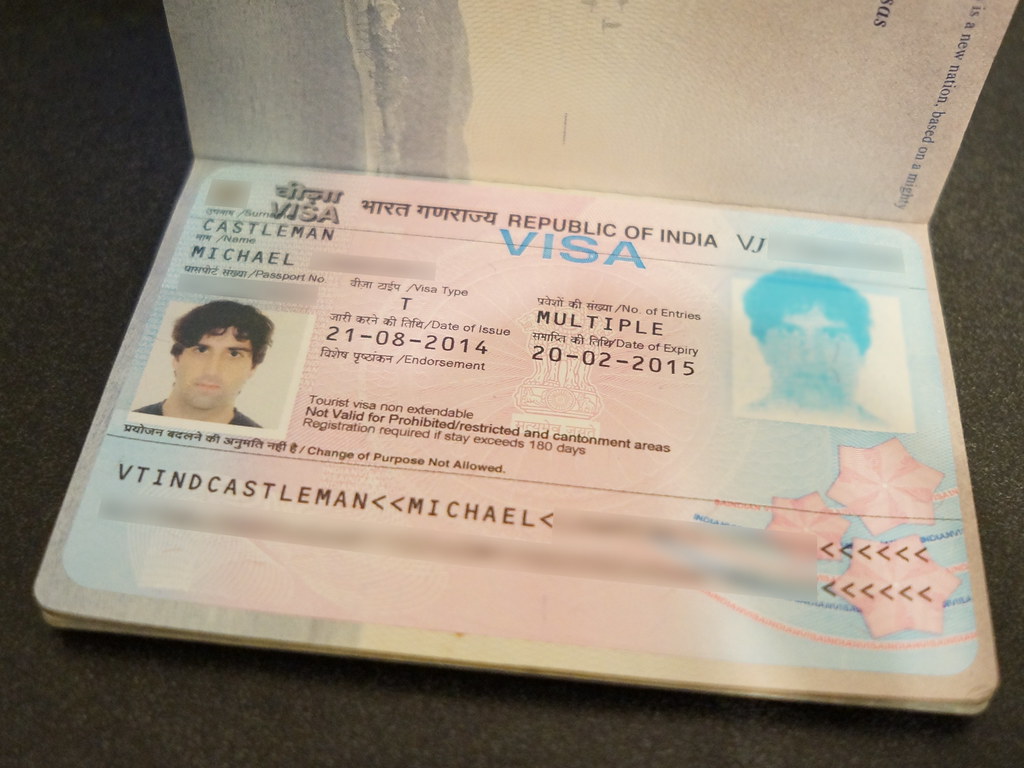
Understanding Urgent Emergency Indian Visa
An Urgent Emergency Indian Visa is a special category visa issued to travelers who need to visit India urgently due to unforeseen circumstances. THIRTY DAYS INDIAN VISA This article provides a comprehensive guide on how to apply for and obtain an urgent emergency Indian visa.
Eligibility Criteria
Qualifying Situations
Emergency visas are typically granted for urgent and unforeseen reasons such as medical emergencies, critical business meetings, family emergencies like bereavement, or other compelling reasons that require immediate travel to India.
Application Process
Contacting Indian Embassy or Consulate
The first step is to contact the nearest Indian embassy or consulate and explain the urgency of your situation. Embassy officials will provide guidance on the expedited visa application process and necessary documentation.
Required Documentation
Applicants must submit:
- Proof of Emergency: Such as medical certificates, death certificates, or business emergency documents.
- Completed Visa Application Form: Available online or provided by the embassy/consulate.
- Valid Passport: With at least six months validity beyond the intended stay in India.
- Passport-sized Photographs: Recent photographs meeting specific requirements.
Processing Time and Fees
Expedited Processing
Emergency visa applications are processed on a priority basis, often faster than regular visa applications. Processing times vary but are typically expedited to accommodate urgent travel needs.
Visa Fees
Applicants may be required to pay additional fees for expedited processing of emergency visas. Fees are non-refundable and must be paid at the time of application submission.
Interview and Biometric Appointment
Interview Waiver Program (IWP)
In certain cases, applicants may qualify for the Interview Waiver Program (IWP), exempting them from the requirement of an in-person interview. URGENT EMERGENCY INDIAN VISA This program is contingent upon the nature of the emergency and the applicant’s previous visa history.
Biometric Data
Applicants may need to visit an Indian embassy or consulate to provide biometric data such as fingerprints and photographs, ensuring identity verification and enhancing security measures.
Visa Collection
Notification and Collection
Once the emergency visa is approved, applicants will receive notification from the embassy/consulate. They can collect the visa in person or opt for a designated courier service, depending on the procedures of the issuing authority.
Conclusion
Applying for an Urgent Emergency Indian Visa requires prompt action, accurate documentation, and clear communication with Indian embassy or consulate officials. By understanding the eligibility criteria, application process, required documentation, and associated fees, travelers can expedite their visa application and meet urgent travel needs to India effectively. This article offers a comprehensive guide on obtaining an Urgent Emergency Indian Visa, structured under five main headings to assist travelers facing urgent situations requiring immediate travel to India.





